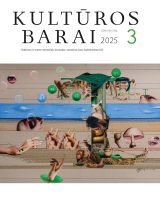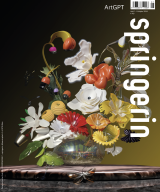
The planet, as authoritarian capitalism’s plaything, is subject to real-world economic-ecological downward spirals. And yet exorbitant space exploration projects continue to build escapist dreams on extractivism. And the threat of nuclear war continues to push at the limits of tenuous environmental stability.



